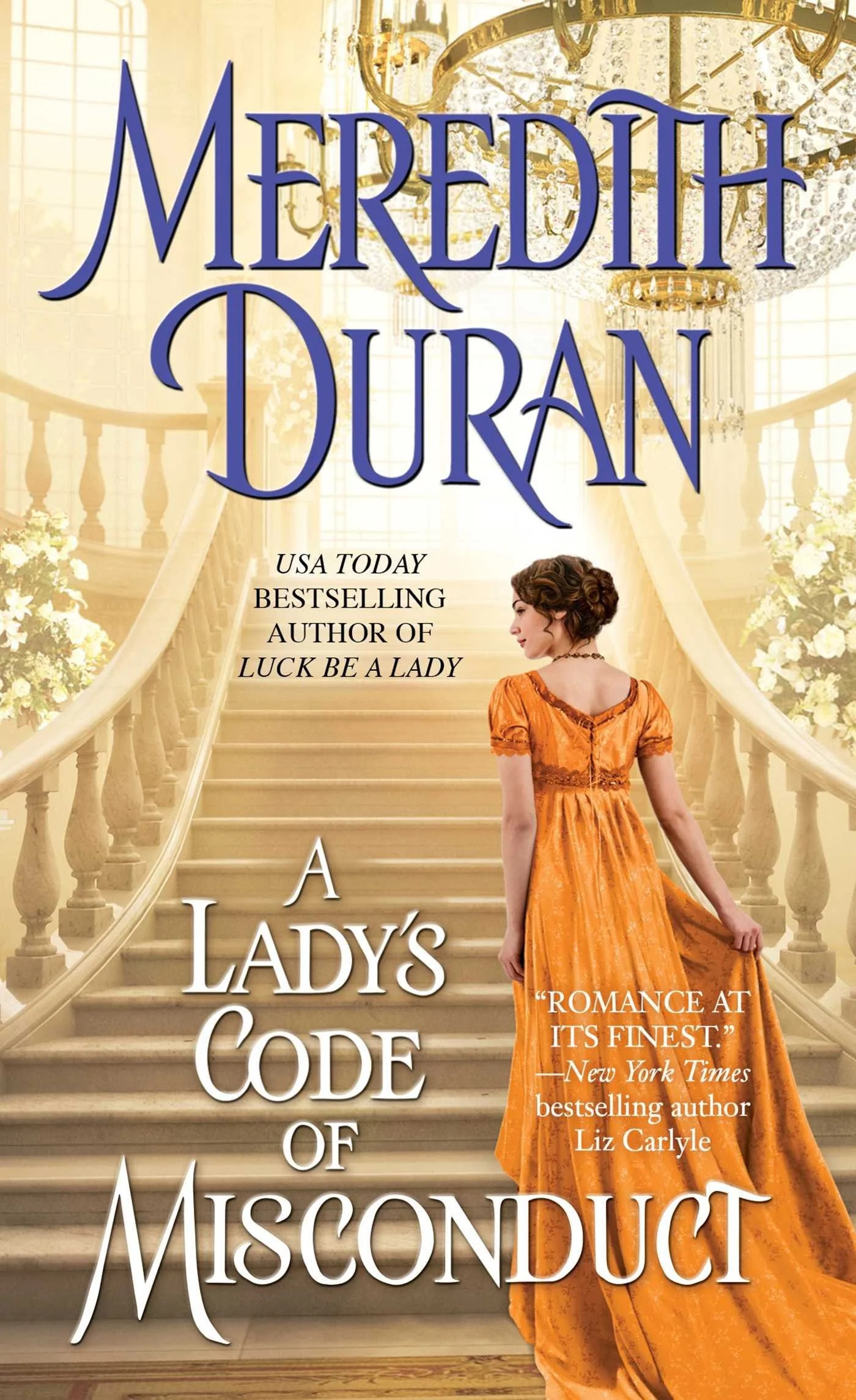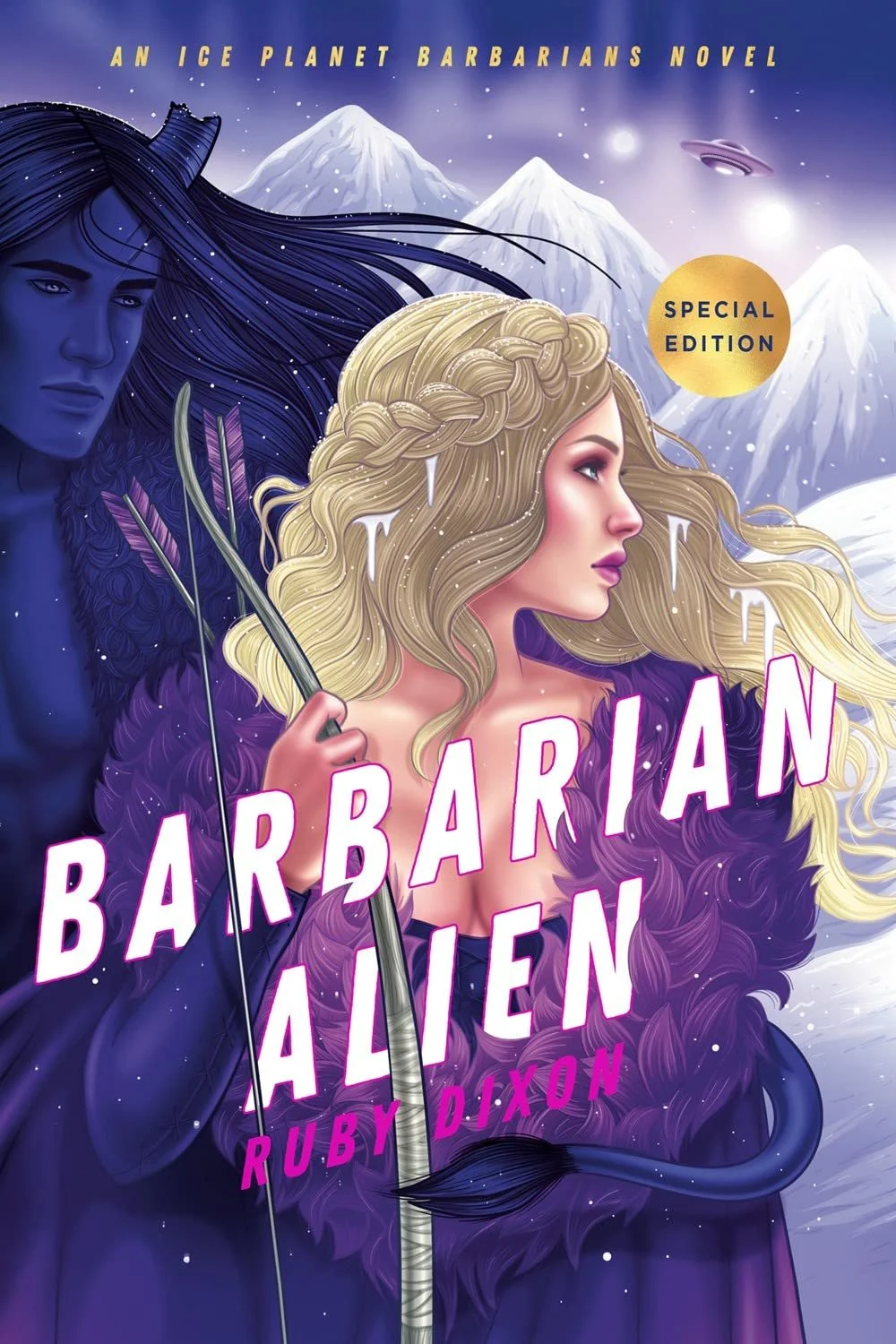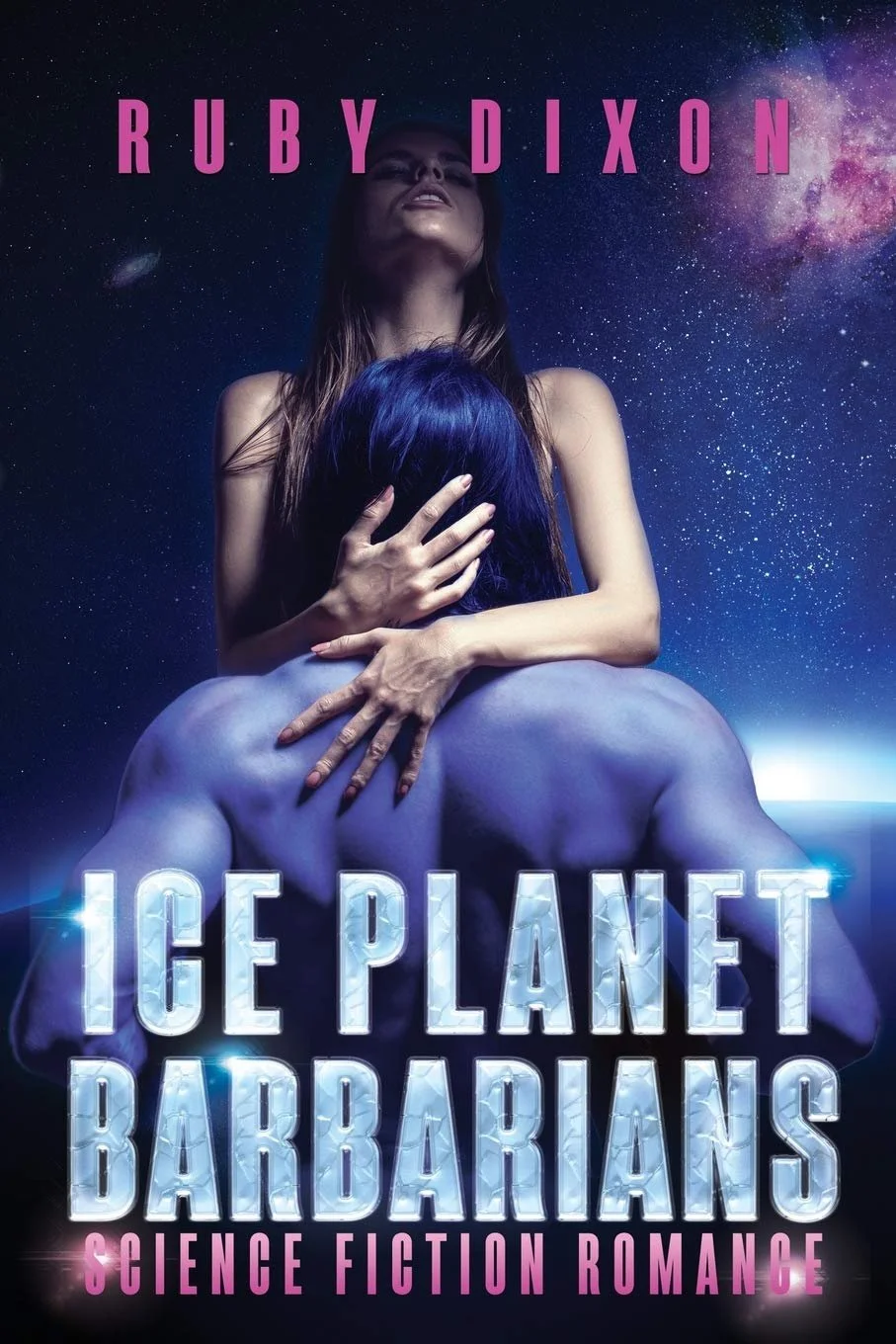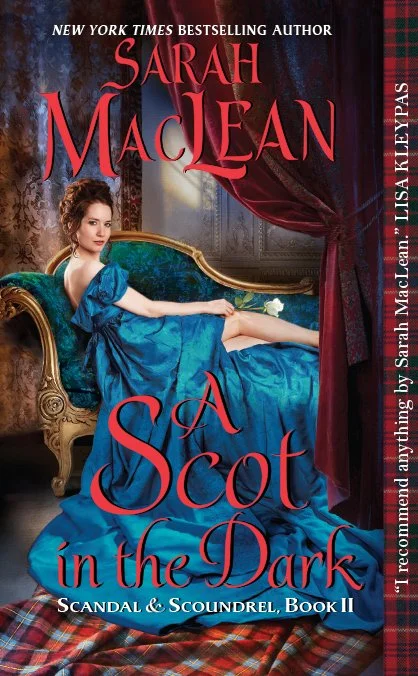Review: A Lady's Code of Misconduct by Meredith Duran
I want to begin by saying I totally think I see why some people really like this book. The writing itself is really wonderful, the dialogue is occasionally really honest and romantic, and there is a really prominent plot outside the main couple. Very unfortunately, I just did not like this book.
I tried to like this book so hard. I really was engaged at the beginning of the novel, more on this later, but as the story progressed, I just added more and more things to my list of dislikes, and by chapter 15, I fully freed myself from hoping my mind was going to be changed. But I genuinely was trying to love the book up until that point.
I will start off with Jane. I was so invested in her at the beginning of the story. She had a plan, she made beautiful artwork as a way to get back at her abusive family, and she seemed really smart. But this book was really not her story; it was very much Crispin's story, which is fine. I just really think that Jane needed more to actually do in this plot aside from being angelic near Crispin. I get so frustrated while reading historical romance that it seems like so many heroines are allowed to do one 'bad' action. Jane got to make one 'selfish' choice (that she was literally backed into a corner before making) and then just had to be an absolute angel for the rest of the plot.
I hated that she had to be backed into a corner before she was able to make the choice to 'marry' Crispin. I would have devoured the story of her spying on her Uncle for Crispin, passing along the information he wanted for her, pulling off the fake marriage under his nose, and then having found another piece of information her wants (or even blackmailing him) and using that as a way to make him agree to stay married. This was all my desires in retrospect. I really did try to love the book I was given before I concocted this version in my head. But I absolutely assert this is what a fantasy novel would have given me, and the assertion that historical romance is basically the same as fantasy doesn't hold quite as much water as we like to pretend it does.
Now on to amnesia. I had decided that I was going to accept the premise that amnesia is a real thing. That is fine. I can accept something bananas that is needed to tell an amazing story. But once I started to truly dislike this book, I got very annoyed with the amnesia things that happened in the last few chapters. Suddenly just remembering everything drove me bonkers.
My real problem with the amnesia plot was that I wanted Crispin to actually have to face his own wrongs. I wanted to watch his morality (or lack of) crumble around him. I wanted sparring between him and Jane to be what convinced him to change. Amnesia really lets this guy off the hook for his past actions. And he never really has to confront the full scope of who he became. It is also just absolutely bananas to me that he was able to change so drastically in such a short period of time. We are meant to accept that he went from incredibly milquetoast (good Crispin is very boring for no good reason) to an interesting and driven and evil political mastermind in five years.
I just do not think there was enough of Crispin actually confronting his forgotten years. The trope seemed like a way to write an evil man, then have the audience have to forgive him without him doing any real work, in the hope that that work would come later in the book. When he actually regained his old memories, I was so annoyed. It was like two pages (on my phone) of rumination, and then he fully seemed to square evil Crispin with good Crispin. I really dislike that his 'bad' personality is just set aside as a weird aberration, and both the audience and Crispin are meant to just see his new/old good self is who he truly is.
I just needed more exploration of space between good and bad Crispin. I was nowhere near ready to accept that the 'real' Crispin was more valid than who he had been before his amnesia. I understand that amnesia is a plot device that lets authors talk about identity in an interesting way that obviously cannot happen in real life. I think I'll read some more books that use amnesia because I genuinely did think I was going to like reading an amnesia book. Maybe I finally found a trope I just flat-out dislike, but I am going to keep my mind open.
I just love it when characters have to genuinely atone for their actions. My favorite part of most romances is the apology. Amnesia, at least in this iteration, kind of just obliterated the need for personal restitution in the way I desired. I don't need punishment, but I do want something more than I got in this book.
Now on to the other thing I really did not like about this book: the politics. I was so excited about this political plot line. This is something else that has been a broader problem with the historical romances I have been reading; this book is absolutely politically toothless. And when I read books that aren't very conservative in this genre, the author almost treats their progressive characters as funny and quaint. But this book didn't do that. What it does is get kind of close to making a statement about the carceral state and never actually do it. Maybe because the author doesn't have anything substantive to say about it. But the story treats the conclusion of this plot as almost revolutionary.
The prison reform bill Crispin was involved with was going to set England back; they accomplished not doing that. Accomplishing keeping the status quo is not progressive or revolutionary. It is better than the alternative. But I was just so baffled at the nothing that was in this book politically and that I think I was meant to feel like something huge happened. Nothing huge happened; we kept England the same.
Also, by this point in the book, I was just generally annoyed, so keep that in mind. The book asserts that thieves shouldn't be treated nearly as badly as murderers but is also totally fine with Crispin literally murdering. My eyes rolled so hard at this part. Though I do completely understand that he did not agree with the speech he gave.
I didn't like this book. I hope if you read it you like it. I might give both the author and amnesia another shot. But I am going to wait a little while.





